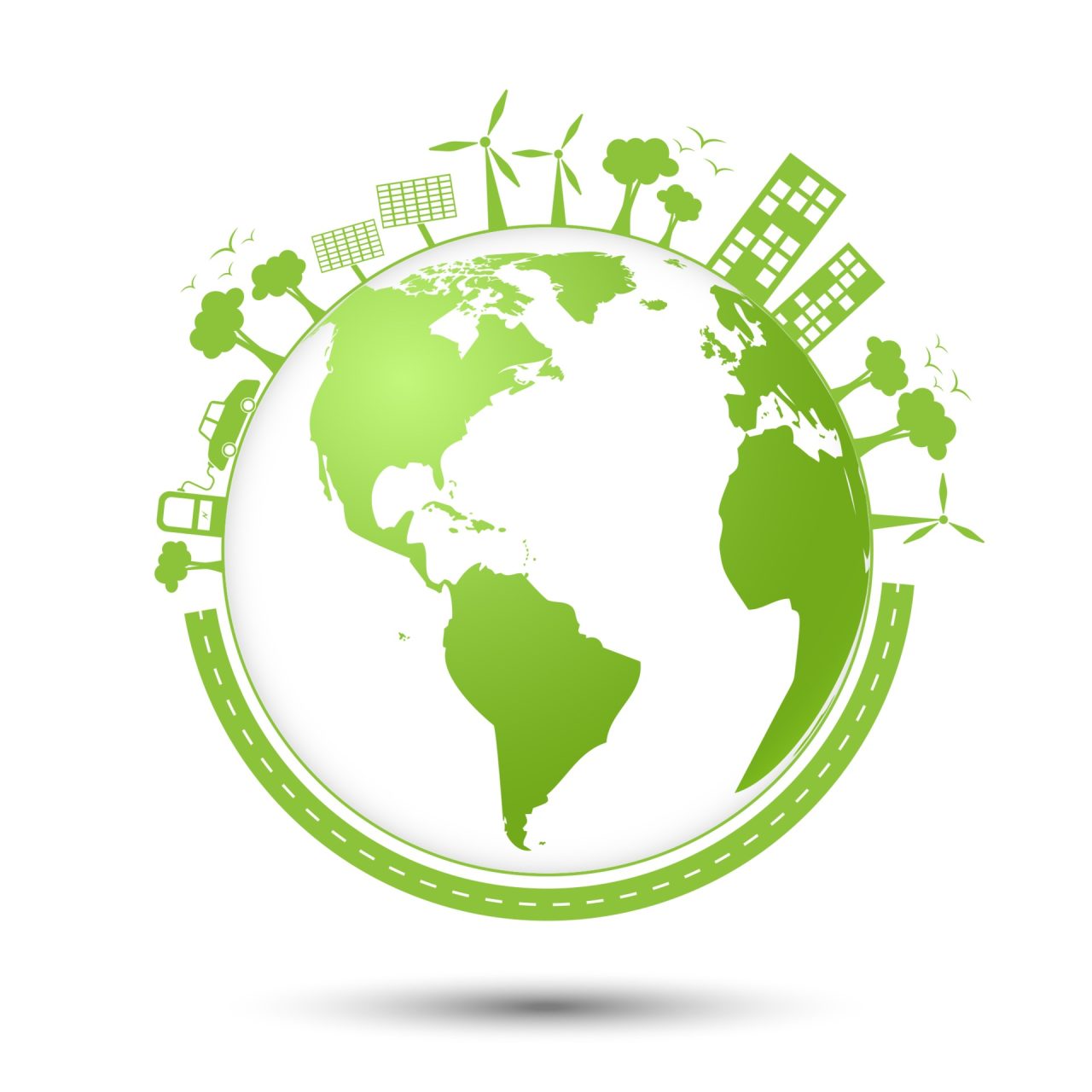
Today, the Council approved conclusions on green diplomacy, unequivocally affirming the EU’s commitment to promote a just and inclusive green transition, and to support the implementation of global commitments in this regard, in close cooperation with partner countries worldwide through enhanced multilateralism and global action.
In its conclusions, the Council reiterates the gravity of the accelerating triple planetary crisis of climate change, biodiversity loss and pollution, which poses a global and existential threat and aggravates existing security concerns. The Council also expresses grave concern about the harm to the climate and the environment, in addition to the immense human suffering, caused by ongoing armed conflicts worldwide. Russia’s illegal, unprovoked and unjustified war of aggression against Ukraine has inflicted massive environmental damage, nuclear safety risks, and precipitated energy and food insecurity globally, and Russia must be held accountable for it.
Based on the Joint Communication on a new outlook on the climate and security nexus, the EU will work with its partners to advance mutual understanding and drive commitments to address the interrelated challenges of climate change, environmental degradation and peace and security.
To secure a sustainable future for all, it is crucial to implement the global commitments agreed upon at the UN Climate Conference in Dubai (COP 28) and in the Global Biodiversity Framework (GBF). Against this background, the EU looks forward to working with all partners towards successful and ambitious outcomes of the next UN Climate Conferences in Baku and Belem and to working towards the next Convention on Biological Biodiversity in Colombia.
More ambitious Nationally Determined Contributions (NDCs) are an important instrument to drive green ambition in this critical decade. The EU is committed to support the development of new NDCs in partner countries and to address barriers to the implementation of key commitments agreed amongst countries.
EU green diplomacy will support the transition away from fossil fuels in a just, orderly and equitable manner, in line with the outcomes of the Global Stocktake under the Paris Agreement. To achieve this, the EU and its member states are determined to promote an energy sector predominantly free of fossil fuels well ahead of 2050. In parallel, the EU will enhance its diplomatic efforts to ensure that all partner countries integrate the global goals of tripling global renewable energy capacity and doubling energy efficiency into their NDCs, and take action to implement them.
The Council acknowledges the progress achieved in the implementation of the Global Methane Pledge, and invites all partners that have not yet done so to join the pledge. In view of raising global methane emissions, the Council calls for concrete measures to be taken by all partner countries in this regard.
The Council welcomes the effective diversification efforts, and recalls the need to phase out EU energy dependency on Russia, recalling as well its commitment to support Ukraine to repair, restore and defend its energy system, and to build a more resilient and sustainable energy sector.
For the world to set a new ambitious climate finance goal, with public finance at its core, the EU believes that a broader base of contributors is needed. New and innovative sources of finance, including from the fossil fuel sector, need to be identified and utilised.
The EU will continue to work closely with partners in the Eastern and Southern Neighbourhood, the Western Balkans, Africa and partners worldwide, in particular with the most vulnerable, including least developed countries (LDCs) and Small Island Developing States (SIDS) and partner countries that have put forward ambitious plans, through the NDICI Global Europe and Team Europe initiatives and under the Global Gateway Strategy, amongst others. The Council underlines the importance of the role of, and collaboration with, the private sector and businesses in these efforts.
Building on the Team Europe approach, the Council invites the High Representative, the Commission, and all EU member states, to jointly intensify the EU’s green diplomacy as a political priority through increased coordination, information exchange and cooperation at headquarters level and at local level between EU member states’ embassies and EU delegations.
More information may be found here.






